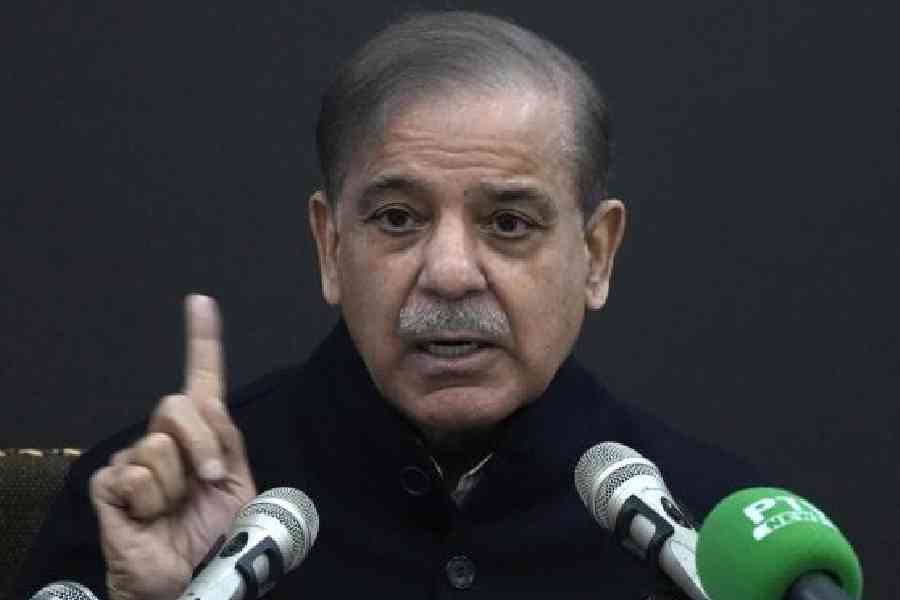In almost every corner of Pakistan, anger at the ruling elite is nearing a boiling point.
Thousands have protested soaring electricity bills just outside the capital, Islamabad. In a major port city in the southwest, dozens have clashed with security officers over what they described as forced disappearances of activists. In the northwest, protesters have admonished the country’s generals for a recent surge in terrorist attacks.
The protests over the past few weeks reflect frustration with Pakistan’s shaky, five-month-old government and with its military. The unrest threatens to plunge Pakistan back into the depths of political turmoil that has flared in recent years and that many had hoped would subside after the February general election.
Pakistan’s leaders are confronted with a monsoon of problems. The economy is suffering its worst crisis in decades. Anger at an election widely viewed as manipulated by the military remains palpable. Militant violence has roared back after the Taliban’s return to power in neighbouring Afghanistan. And Pakistani politics are more polarised than ever, with the country’s most popular political figure sitting in jail after a bitter rift with the military.
The administration of the current Prime Minister, Shehbaz Sharif, has struggled to establish its legitimacy and has been criticised as little more than a front for the military.
Since Sharif first came into office in 2022, Pakistan’s generals have wielded an increasingly heavy hand to quash dissent. A national firewall has been installed to censor Internet content, the social media platform X has been blocked, security forces have arrested political opponents in droves, and generals have been installed in key positions in the civilian government.
“It’s more than hybrid rule,” said Zahid Hussain, a political analyst in Islamabad, referring to the old power-sharing dynamic between civilian and military leaders. “This arrangement is military rule with civilian facade.”
Government officials have pushed back against that characterisation of their relationship with the military and sought to remind the public that dealing with the storm of challenges will take time. They have stressed that the economy in particular is on the path to recovery. Inflation is easing, the state bank recently lowered interest rates, and government officials are expected to hammer out the details of a new bailout from the IMF in the coming months.
“The economy is showing a positive outlook” and is “getting stable,” said Aqeel Malik, an adviser to the Prime Minister on law and justice. “We have only been in power for a few months,” he added. “We don’t have a magic wand.”
Still, the growing public unrest is a worrying sign for a weak coalition government that few expect to survive a full five-year term — a feat that no Prime Minister in Pakistan has ever pulled off.
On Monday in Khyber Pakhtunkhwa, a northwestern province bordering Afghanistan, hundreds of people gathered in the latest protest against the surge in terrorist attacks by groups including the Pakistani Taliban and the local Islamic State affiliate. “Go, go, go to the border,” protesters chanted, urging the military to focus on security rather than domestic politics.
The same day in Gwadar, a city in Baluchistan province that is home to a port built and operated by the Chinese, at least three people were killed as security forces engaged in a standoff with thousands of protesters. The demonstration demanded an end to a paramilitary crackdown on activists from the Baluch ethnic minority, who oppose what they call outside exploitation of the region’s resources, and came weeks after the government announced that it would bolster security for Chinese workers at the port.
And in Rawalpindi, protesters affiliated with an Islamist party gathered to express anger over the rising cost of living. The government recently raised electricity prices by 20 per cent, a step that officials called necessary to comply with a $7 billion IMF loan.
New York Times News Service











